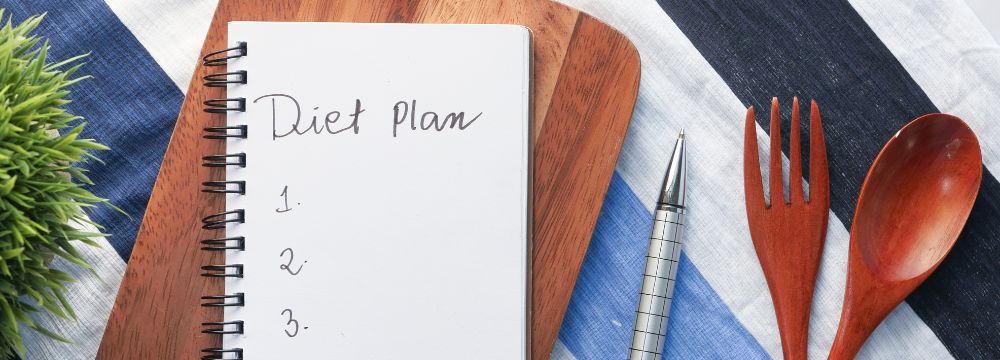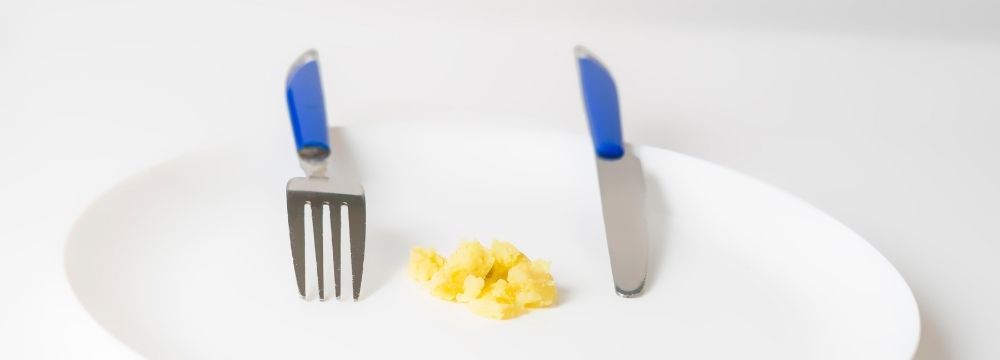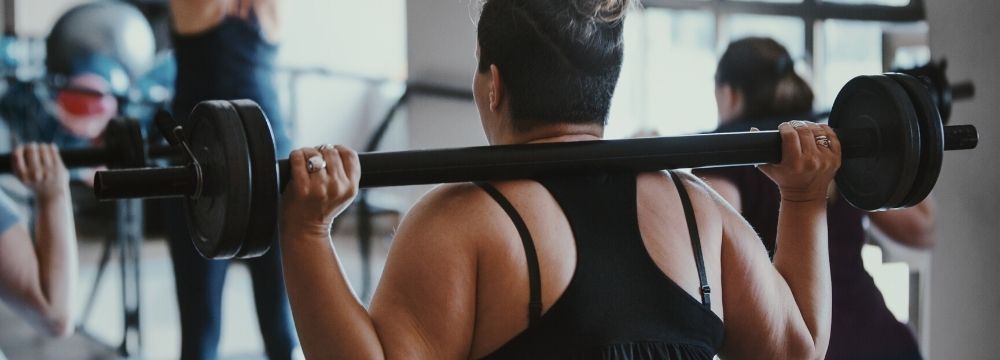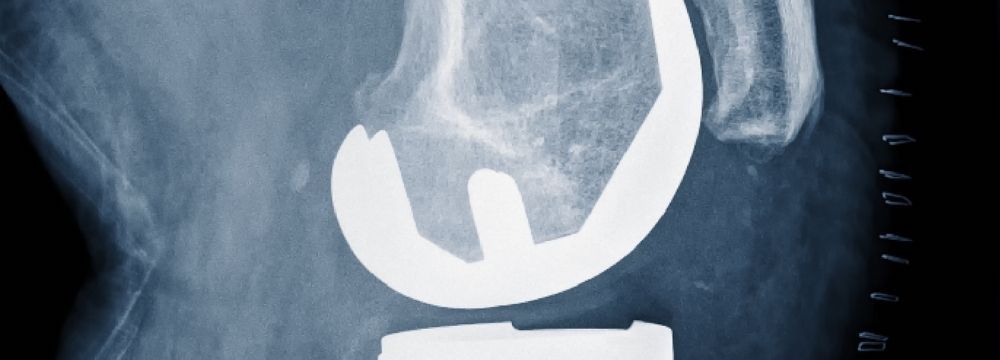Blog Archives
Changing How You Look at Dieting & Exercise After Weight Loss Surgery

With so much confusion swirling around how we eat and proper “diet,” it can all get very frustrating. How many diet books, blogs, and influencers are out there in the ether? Probably more than we can even imagine. While there are plenty of new dietary concepts, there’s one that’s not new, but it may require a mindset shift for some bariatric patients:
Keep it simple.
Do Weight Loss Medications Work Better Than Surgery for Weight Loss?

Millions of Americans struggle with losing weight for years, which can feel like an uphill battle with no end in sight. Obesity is a disease that affects more than 4 out of every ten adults in the United States.1 The American Medical Association began recognizing obesity as a chronic progressive disease in 2013 and describes obesity as having “multiple pathophysiological aspects requiring a range of interventions.”2 Very true.
Have We Found the Cure for Rectal (Or All) Cancers?

It is the talk of the town, and rightly so. The first cancer clinical trial performed at a major cancer center to show 100% effectiveness in cancer remission.1 This reality has shocked us all in the best possible ways.
In short, a trial of a recently approved immunotherapy drug known as Dostarlimab, a single-agent PD-1 blockade,has shown 100% effectiveness against mismatch repair deficient recurrent or advanced solid tumors. The 12 patients who participated in the study at Memorial Sloan Kettering in New York City showed complete remission of their rectal cancer without chemotherapy, radiation, or surgery.
“This is by all accounts an unbelievable achievement and some truly great news when there’s so much uncertainty in our world,” says Dr. Gregory Quatrino, our colorectal surgeon. “These results reverberate around the cancer world and throughout medicine. I do not know of any cancer study showing complete remission in all patients involved. In addition, it doesn’t seem as though any patients had serious side effects.”
How Extreme Dieting Is Neither Sustainable nor Healthy

While a healthy body mass index increases the probability of being healthy, not all weight loss plans equal increased fitness. In other words, if a diet plan is too extreme and does not provide the body with its necessary nutrients, it can have a decidedly negative effect on your body and health instead of improving your overall fitness.
A common problem deriving from extreme diets is dehydration. Diet plans based on a drastic reduction in calories, even more so if significantly limiting carbohydrates, force our bodies to use glycogen as their first energy source. Glycogen is a carbohydrate stored in our muscles and liver and binds 3 grams of water for every gram of glycogen.
Better Workouts After Bariatric Surgery

You are now on your weight loss journey and have begun making it a priority to get in a daily workout. Some think that you’re accomplishing a successful workout routine if you go to the gym and sweat. Wrong! It is essential that you follow healthy guidelines for your workout to have a positive outcome. Aside from keeping your body fueled with healthy calories, there are a few other things you can do to make your activities better:
SAMPA’s Surgeons are 2022 Nappie’s Finalists

It’s NAPPIE TIME! With great excitement, we are happy to share that Dr. Barry Ballard, Dr. Forrest Ringold, and Dr. Jeff Hannon have been nominated for Best Weight Loss Doctor – Surgical and Dr. Barry Ballard and Dr. Forrest Ringold being nominated as Best General Surgeon! We invite you all to vote, vote, vote and help spread the word about this excellent team of care providers.
Click Here to Vote!
Should You Have Bariatric Surgery for an Orthopedic Procedure?

Many patients suffering from obesity may experience debilitating chronic pain in their joints known as osteoarthritis. Our joints are made from bones that are not meant to rub against each other. The smooth movement in our joints is due to cartilage, a soft, smooth protective layer between these bones. However, excess weight puts an undue strain on the joint, which can begin to degrade. As cartilage starts to wear away, bone may rub on bone, causing significant pain and degradation. In severe cases, bone spurs can form, making it even more painful and significantly reducing the range of motion. For now, the only long-term curative option is a joint replacement.
How to Shorten the Bariatric Surgery Insurance Process

If you have started your research into bariatric surgery insurance coverage, you may have found it has one of the longest preapprovals of any surgery. While there is a clear and wide-ranging medical benefit to treating obesity surgically, insurance companies have not made access to weight loss surgery as easy as it should be. The result is an often-convoluted process that can take months.
There are, however, ways we can maximize our time during the preoperative process and take steps to ensure the preapproval comes as quickly as possible.
Reducing Undue Pressure on Your Joints After a Bariatric Procedure

You may have heard every pound of additional excess bodyweight places 4 to 7 pounds of strain on your joints. For someone who is obese, say over 100 pounds over their ideal weight, they are putting an inordinate amount of pressure on their joints, which naturally leads them to break down more quickly and sooner in life. This degradation of the joints is known as osteoarthritis, and it is one of the most common ailments patients experience as a direct result of their obesity.
Naturally, as patients begin to lose weight, the strain on their joints also begins to lighten. They may start to feel more active and maybe even become pain-free. However, it is essential to note that whatever damage has been done to the joints cannot be reversed. The postoperative training program must include exercises that do not place excessive pressure on the joints. These are known as low or no-impact exercises.
Is the Duodenal Switch Making a Comeback?

The duodenal switch or DS is a very effective weight loss surgery procedure that’s been offered for decades. In fact, in the hands of an experienced bariatric surgeon such as those at Surgical Association of Mobile, it can offer the highest potential excess weight loss of any major procedure. It’s also the gold standard in diabetes resolution, exceeding even the potential of gastric bypass surgery. So why hasn’t the DS become more popular than it is?
The simple answer revolves around two significant considerations. First, the DS is a complex operation. The duodenal dissection is especially challenging with the potential for injury to surrounding structures if not performed appropriately and by an experienced surgeon. As such, many surgeons have decided that the DS’s learning curve is not worth the incrementally greater benefit versus a gastric sleeve or bypass. Also, traditional DS created several G.I. issues that often caused patient discomfort. As a result, many patients were more inclined to undergo a bypass and sacrifice some potential weight loss.
Improvements in DS Technique
Since its inception, however, the technology and technique used to perform a DS have increased dramatically, and some of the biggest concerns of the procedure have been mitigated. For example, novel techniques to dissect the duodenum have reduced the risk of injury to surrounding organs and structures. The advent of robotic surgery has made elements of the procedure more precise.
What Are the results?
As with any bariatric procedure, the results of a DS are primarily reflective of the patient’s willingness and ability to follow a new lifestyle after their procedure. We always help our patients recognize the operation is just a tool, and the actual weight loss comes from dedication and focus on their renewed health. However, it is essential to highlight some of the great success stories of our patients with their respective operations. We encourage you to watch a series of videos with DS patient John, who lost 200 pounds within his first month after surgery. While this result is not typical, it shows what dedication and hard work can do after bariatric surgery.
The first step for patients considering bariatric surgery is to watch our online seminar. From there, one of our patient advocates will reach out to schedule a consultation with the surgeon of your choice. During the consultation, it is essential you speak to your surgeon about which procedure is best for you so you fully understand the pros and cons of each. We offer three major operations – the gastric sleeve, gastric bypass, and duodenal switch; all have pros and cons. We encourage you to come to your consultation with an open mind.
We look forward to helping you, so please feel free to contact us at any time if you have questions about the process of bariatric surgery.

